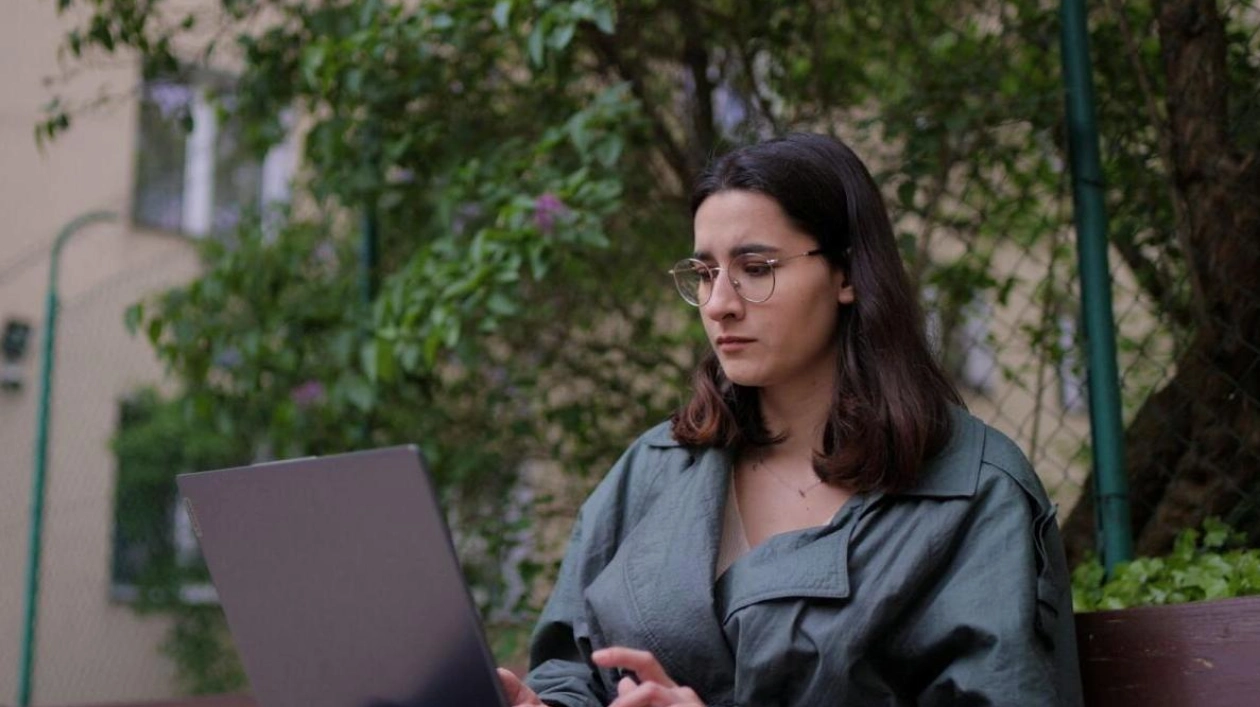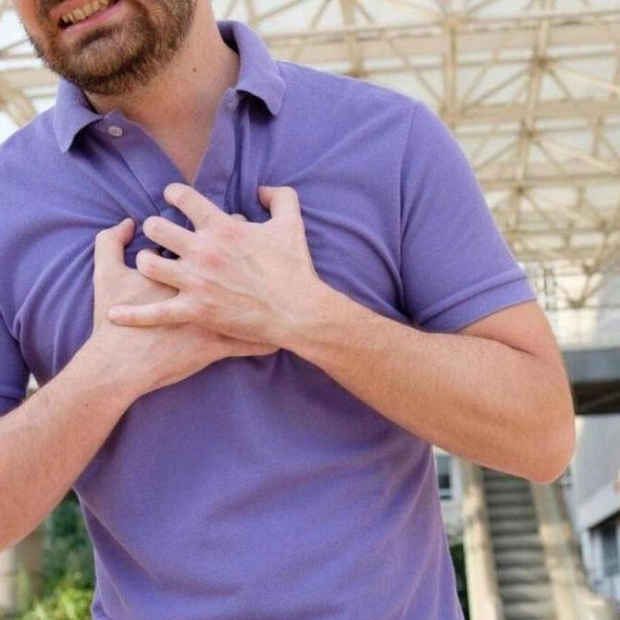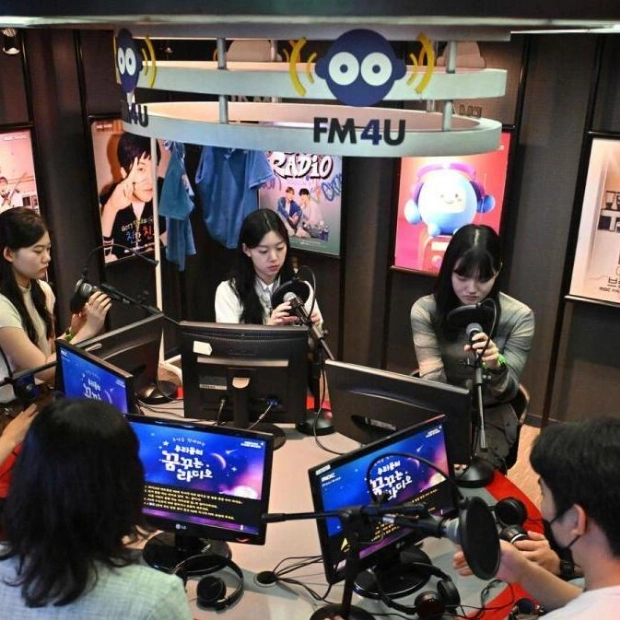Julia Klimkiewicz, a 19-year-old student and local council member, was seen working on her computer in Warsaw, Poland, on April 26, 2024. According to a WHO report, the level of peer support among youths has decreased, dropping from 61% to 58%, with the most significant decline observed among girls, where it fell from 67% to 62%. — Reuters
The World Health Organisation (WHO) cautioned on Wednesday that young people in Europe, Canada, and Central Asia are experiencing less family support and more academic pressure compared to previous years. The proportion of adolescents reporting high levels of family support dropped from 73% in 2018 to 67% in 2022, with a more pronounced decline among girls, from 72% to 64%, according to WHO Europe. Additionally, the number of youths feeling pressured by schoolwork has increased. In 2022, 63% of 15-year-old girls, up from 54% in 2018, and 43% of boys, up from 40%, reported feeling school pressure.
Hans Kluge, the WHO Europe regional director, stated, "Adolescents today are confronting extraordinary challenges in their social environments, from diminishing support at home to escalating pressure at school, which could have long-term effects on their health and future prospects." The WHO noted that teens with high levels of family support, typically found in more affluent families, often exhibit better mental health compared to those with limited or no support.
The report also highlighted a decline in peer support among youths, decreasing from 61% to 58%, with the most notable drop among girls, from 67% to 62%. Irene García-Moya, one of the report's authors, explained, "Girls frequently struggle with conflicting expectations of academic excellence and traditional social roles, while boys may feel pressured to appear strong and self-reliant, discouraging them from seeking necessary support."
The WHO emphasized the need for action to support teenagers, considering "significant gender disparities." Suggested measures include making school environments more inclusive through reduced class sizes, mentorship programs, and integrating social-emotional learning into the curriculum. Schools should also address rising stress levels with balanced homework policies, study skills support, and regular student-teacher check-ins. Governments are urged to provide targeted financial support for low-income families and invest in parenting programs to assist parents, especially in supporting teenage girls.
The WHO study surveyed nearly 280,000 young people aged 11, 13, and 15 across 44 countries in Europe, Canada, and Central Asia.
Source link: https://www.khaleejtimes.com






